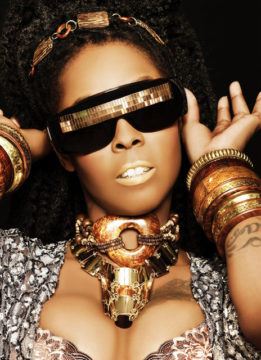By Andrea Scrima
It’s said that European societies are always about assimilation, and that’s almost true, but not entirely. Minority cultures alter the dominant culture in subtle ways. My twenty-one-year-old son speaks with a Turkish-inflected accent he shares with most boys his age who have grown up in Berlin. It’s a mark of masculinity, of coolness, and the ones who go on to college eventually outgrow it—or don’t, because the ways in which it affects everyday German speech will only become apparent in hindsight, after its traces are already securely imbedded in the language. In Europe, the immigrant presence rarely finds acknowledgement in high culture, but you can see it wielding its influence on popular culture in subversive ways. The Turkish ghetto identity, which developed in response to the discrimination a younger, German-born generation of second- and third-generation migrant worker families continues to face there, particularly in the wake of German Reunification and the deadly xenophobic attacks that followed, has always identified heavily with Black American subculture. The Turkish-German assimilation of Hip Hop and Rap was seamless: it gave them a language, dealt embarrassing blows to German political correctness and its many blind spots, incorporated taboo themes otherwise held to be racist, sexist, or anti-Semitic, and posed questions that cultural commentators, at a complete loss, are still largely trying to evade.
which it affects everyday German speech will only become apparent in hindsight, after its traces are already securely imbedded in the language. In Europe, the immigrant presence rarely finds acknowledgement in high culture, but you can see it wielding its influence on popular culture in subversive ways. The Turkish ghetto identity, which developed in response to the discrimination a younger, German-born generation of second- and third-generation migrant worker families continues to face there, particularly in the wake of German Reunification and the deadly xenophobic attacks that followed, has always identified heavily with Black American subculture. The Turkish-German assimilation of Hip Hop and Rap was seamless: it gave them a language, dealt embarrassing blows to German political correctness and its many blind spots, incorporated taboo themes otherwise held to be racist, sexist, or anti-Semitic, and posed questions that cultural commentators, at a complete loss, are still largely trying to evade.
Some time ago, I went to see Almodóvar’s Pain and Glory with a friend; the film made us hungry, and when we reached Bahnhof Zoo we decided to have a Döner. The young Turkish men working there tried their macho number on us—that unquantifiable, unmistakably sexualized nonchalance as they performed a few moves to the music playing and neglected to take our orders until, appraising our appearance, they realized we were old enough to be their mothers and morphed almost instantly into respectful sons. Paying for our sandwiches, we tried to decide what had annoyed us the most about the film—whether it was the self-absorption and vanity, the male artist cliché, or the absence of any viable female roles apart from the idealized mother and doting assistant—when all at once the volume was cranked up loud and a young Turkish-German guy in a baseball cap came rushing inside and thrust his arms out ecstatically in response to the blaring music. The beat was so loud it penetrated the muscles in my arms and legs; when I heard the words “my neck, my back, lick my pussy and my crack” over and over, I jumped up and nearly accosted him. I don’t know what I’m doing in moments like these; the volume was earsplitting, and my body responded to the situation as it would to any other assault. I was shaking with a rage I rarely feel—a rage that wants badly to get into a fistfight, because my mind doesn’t understand that I’m a middle-aged woman and not a boy from the Bronx like my father was, and hence ridiculous—and as the fury blots out all thought, I feel the wave of physical aggression swelling inside me urgently seeking an outlet. The situation felt primal, imminently violent; distant epigenetic memories of war and bloodlust shivered in my veins. Turn the music off, I shouted, the lyrics are misogynistic. Read more »
